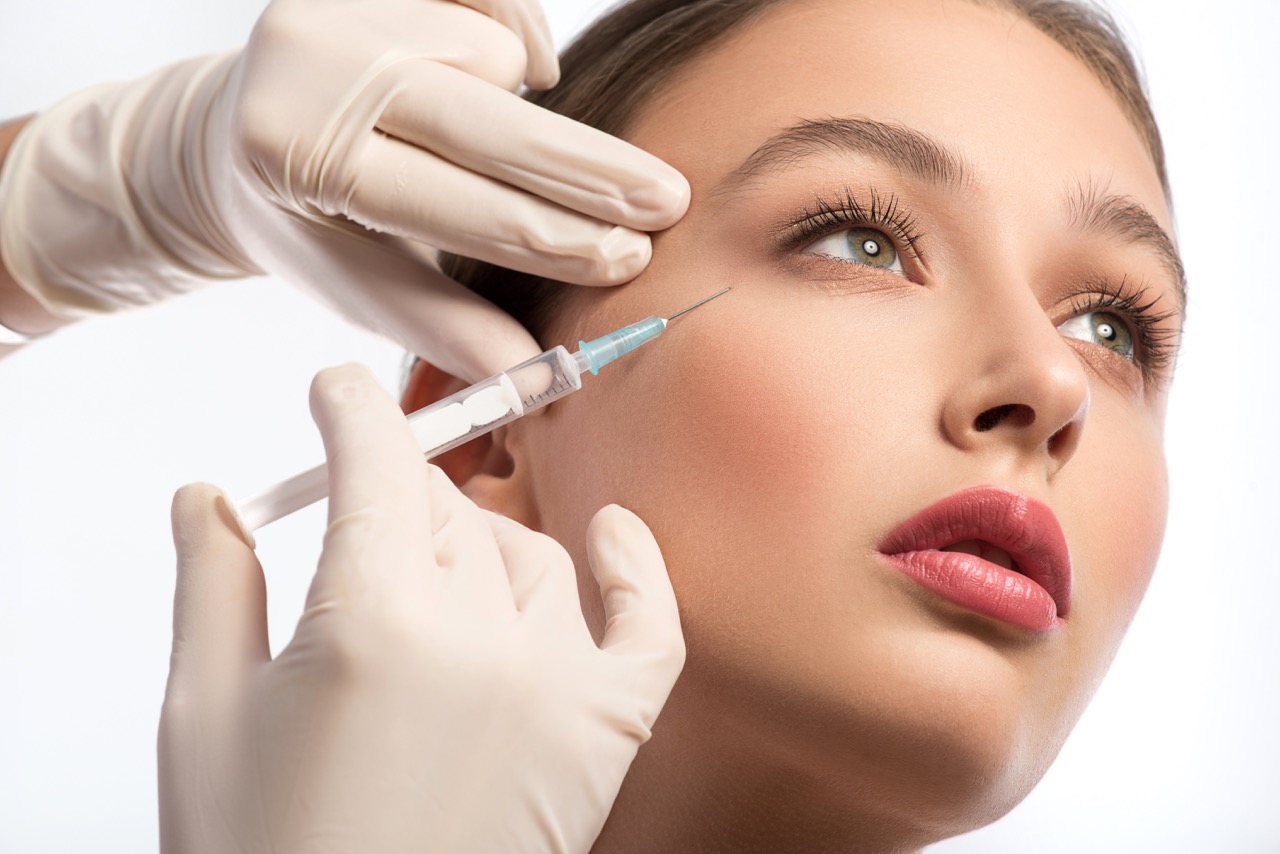
In the pursuit of flawless, luminous skin, the beauty industry has continuously evolved, introducing various products and treatments to address skin concerns. Among these, glutathione has emerged as a promising ingredient for achieving skin whitening and brightening effects. Glutathione, a powerful antioxidant naturally produced by the body, offers a range of benefits, including detoxification and immune support. However, its potential for skin whitening has garnered significant attention. Let's delve deeper into how glutathione works and how it can be used effectively for skin whitening.
Understanding Glutathione:
Glutathione injection is a tripeptide composed of three amino acids: cysteine, glycine, and glutamic acid. It plays a crucial role in protecting cells from oxidative stress and maintaining overall health. Its ability to neutralize free radicals and detoxify the body makes it an essential antioxidant. Moreover, glutathione contributes to skin health by preventing the production of melanin, the pigment responsible for skin coloration.
Mechanism of Action:
One of the primary mechanisms through which glutathione induces skin whitening is by inhibiting the activity of tyrosinase, the enzyme involved in melanin synthesis. By suppressing tyrosinase activity, glutathione reduces the production of melanin, leading to lighter skin tone and diminished hyperpigmentation. Additionally, glutathione helps to repair damaged skin cells and promotes a more even complexion.
Administration Methods:
Glutathione can be administered through various methods, including oral supplements, intravenous injections, and topical applications. Oral glutathione supplements are widely available and convenient for daily use. However, their effectiveness may vary due to factors such as bioavailability and individual metabolism. Intravenous glutathione injections deliver the antioxidant directly into the bloodstream, ensuring maximum absorption and efficacy. Topical glutathione formulations, such as creams and serums, target specific areas of concern and provide localized treatment.
Duration and Dosage:
The duration and dosage of glutathione supplementation depend on individual factors such as skin type, desired results, and overall health. While some individuals may experience noticeable improvements within a few weeks, others may require several months of consistent use to achieve significant whitening effects. It's essential to follow the recommended dosage guidelines provided by healthcare professionals or product manufacturers for skin whitening injection to avoid adverse reactions and optimize results.
Combining Therapies:
For enhanced skin whitening results, glutathione can be combined with other complementary therapies and ingredients. Vitamin C, for instance, is known to enhance the effects of glutathione by promoting its absorption and regeneration. Additionally, incorporating skin-lightening agents such as kojic acid, arbutin, and licorice extract into skincare routines can further enhance the whitening effects of glutathione and address specific concerns such as dark spots and blemishes.
In conclusion, glutathione offers a promising solution for individuals seeking to achieve brighter, more radiant skin. Its antioxidant properties and ability to inhibit melanin production make it a valuable ingredient in skincare formulations and treatments. However, it's essential to approach glutathione use with caution, adhere to recommended dosages, and consider potential safety implications. By incorporating glutathione into a comprehensive skincare regimen and combining it with other supportive therapies, individuals can unlock the secret to achieving their desired skin whitening goals effectively and safely.
Comments on “A Comprehensive Guide to Glutathione Injections for Brighter Skin”